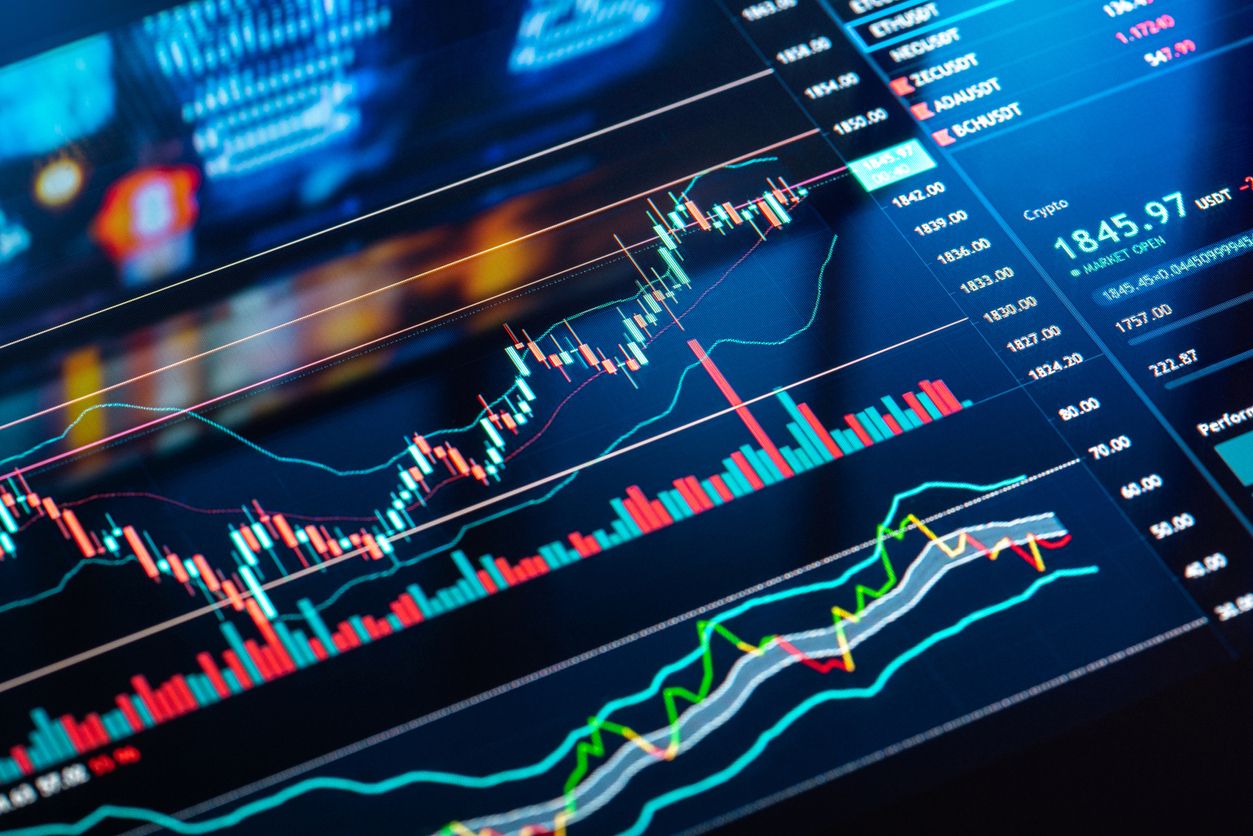
Forex trading is a sector that isn’t easy to learn. Furthermore, there are many rules and legislations around forex trading and some countries have even banned trading Forex. The reason for this is that some governments believe it is highly damaging and therefore, they are vulnerable to the system being rigged.
What Is Forex Trading?
Forex trading is when foreign exchange converts one currency into another. That is due to trading, tourism, or ecommerce. It is one of the largest trading sectors in the world despite being banned in many countries.
One of the biggest problems with forex trading is that it doesn’t have a central marketplace. Although that sounds quite bad, there is a computer network that allows traders to carry out transactions with those nations which allows trading.
The Forex market is also open 24 hours a day, five and a half days a week. It is commonly traded in Frankfurt, Hong Kong, London, New York, Paris, Singapore, Sydney, Zurich, and Tokyo.
Regulations Surrounding Forex
There are many laws and regulations surrounding forex however, it is still one of the most common trading methods in the world. It is also the fastest-growing financial sector in the world. According to the Bank Of International Settlements, 7.5 trillion dollars a day were traded in April 2022. There is no doubt that the Forex market is a massive and common sector for trading.
There is a lot in common with forex, stocks, and commodities to trading however, there are some issues with it. One of the problems with trading forex is that there are no brokers who are regulated, leading to a large number of forex trading scams. That means only local authorities can manage the forex sector such as the FCA in the United Kingdom.
Countries That Have Forex Trading Banned
Despite forex trading being one of the largest financial sectors in the market, many countries don’t allow the trading of forex. The reason for this is that there is a lot of risk when trading forex.
The Belgian government is one of those who have banned trading OTC forex, CFDs, and binary options. Many other countries have similar restrictions such as Belarus, Canada, South Korea, Turkey, Iran, Pakistan, Saudi Arabia, Belarus and many more
.Both Israel and Malaysia are two other countries that have banned forex trading. The reason is because of the potential scams that can occur in this sector. Furthermore, with forex being an unregulated financial sector, there is a lack of transparency.
The Bottom Line
As a trader who has limited funds and doesn’t have a large budget to trade stocks and shares, forex trading may be more beneficial. If you understand the macroeconomic fundamentals that impact currency values and understand technical analysis., you will understand how to make a profit more with forex trading. However, with the market being unregulated and only managed by local authorities in some countries, there is an increased risk of being scammed. This has led to a demand for investment fraud lawyers who specialise in forex trading scams to help retrieve victim’s losses in this sector.